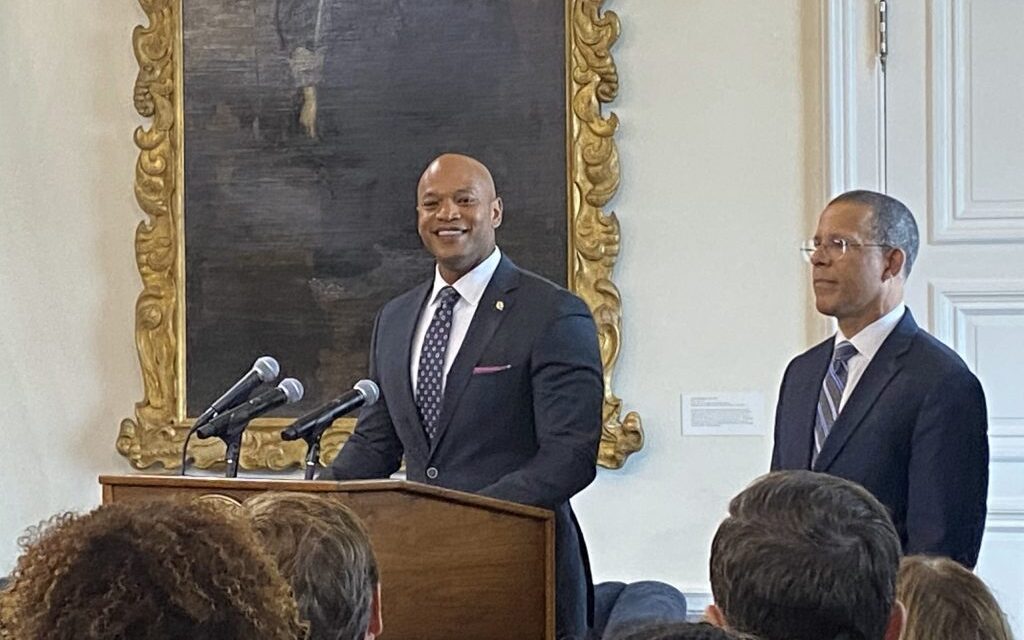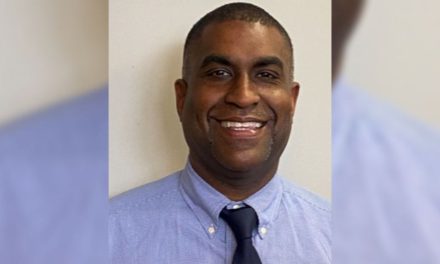
By Tashi McQueen
AFRO Political Writer
tmcqueen@afro.com
Maryland Gov. Wes Moore (D) alongside several top state officials and legislators announced a historical number of pardons, over 175,000, for convictions related to low-level marijuana offenses on June 17.
To the sound of applause, Moore emphasized that Maryland must address the consequences of criminalization done in large part by the war on drugs, a legal effort meant to address illegal drug use by increasing the incarceration and penalties of convicted drug offenders.
“We know that legalization does not turn back the clock on decades of harm that was caused by the war on drugs. It doesn’t erase the fact that Black Marylanders were three times more likely to be arrested for cannabis than White Marylanders,” said Moore. “Policy making is powerful. If you look at the past, you see how policies have been intentionally deployed to hold back entire communities. We are talking about tools that have led to the mass incarceration of Black men and boys.”
“To undo that kind of intentionality, we need to apply intentionality of our own,” said Moore. “Today, we take a big step enacting the kinds of policies that can reverse the harms of the past and to help us to work together to build a brighter future.”
Recreational cannabis use and possession was legalized in Maryland on July 1, 2023, for adults 21 and up.
Moore’s signing ceremony marked one of the largest state-level pardons in the country. The governor’s office said that an estimated 100,000 people will be impacted by the pardons.
In a virtual call ahead of the announcement, the governor’s office said there are no people currently incarcerated solely on misdemeanor charges in Maryland. Due to that, there will be no people released from jail exclusively due to these pardons.
“The legacy that the war on drugs has had on our city of Baltimore – and many places around the country like it – is still visceral and tangible. We still see and feel the wounds every day in the lives, families and communities that were disrupted and destroyed,” said Baltimore City Mayor Brandon M. Scott in a statement after the ceremony. “For those receiving the pardons – which includes thousands upon thousands of Baltimoreans – it will be life-changing.”
Baltimore City is receiving an overwhelming 39,865 pardons, 22.77 percent, compared to Baltimore County’s 22,298, 12.74 percent, and Prince George’s County’s 21,080, 12.04 percent.
“I want to thank and commend Governor Moore for his commitment, compassion and love for the people who have been so impacted by this history,” continued Scott. “This action and our work together to overcome the dark legacy of our predecessors, will lay the foundation for a better, safer future for all of our residents.”
Now that the executive order has been signed, the Maryland Judiciary will make sure every individual court docket is updated, notifying those who were pardoned by Moore of their status. The process should take around two weeks according to the governor’s office.
Moore’s executive order pardoned misdemeanor convictions for simple possession of cannabis and misdemeanor convictions for use or possession with intent to use drug paraphernalia.
Through this order, more than 150,000 convictions were pardoned for simple possession of cannabis and over 18,000 convictions for use or possession with intent to use drug paraphernalia.
“This legislative session, we prioritized re-entry reform and transforming our system in our state of Maryland for returning citizens. We focused on expungement and expanding expungements and making them automatic,” said Legislative Black Caucus of Maryland Chairwoman Del. Jheanelle Wilkins (D-Md.-20), after the ceremony. “This is just really a true partnership in terms of the governor’s actions to absolve people of their crimes.”
When asked to respond to people who may not believe pardons for past marijuana convictions are necessary or helpful Wilkins said, “We know that it’s the right thing to do, and it moves us towards equity in our state.”
The post Maryland Gov. Wes Moore pardons over 175,000 low-level marijuana convictions appeared first on AFRO American Newspapers.











